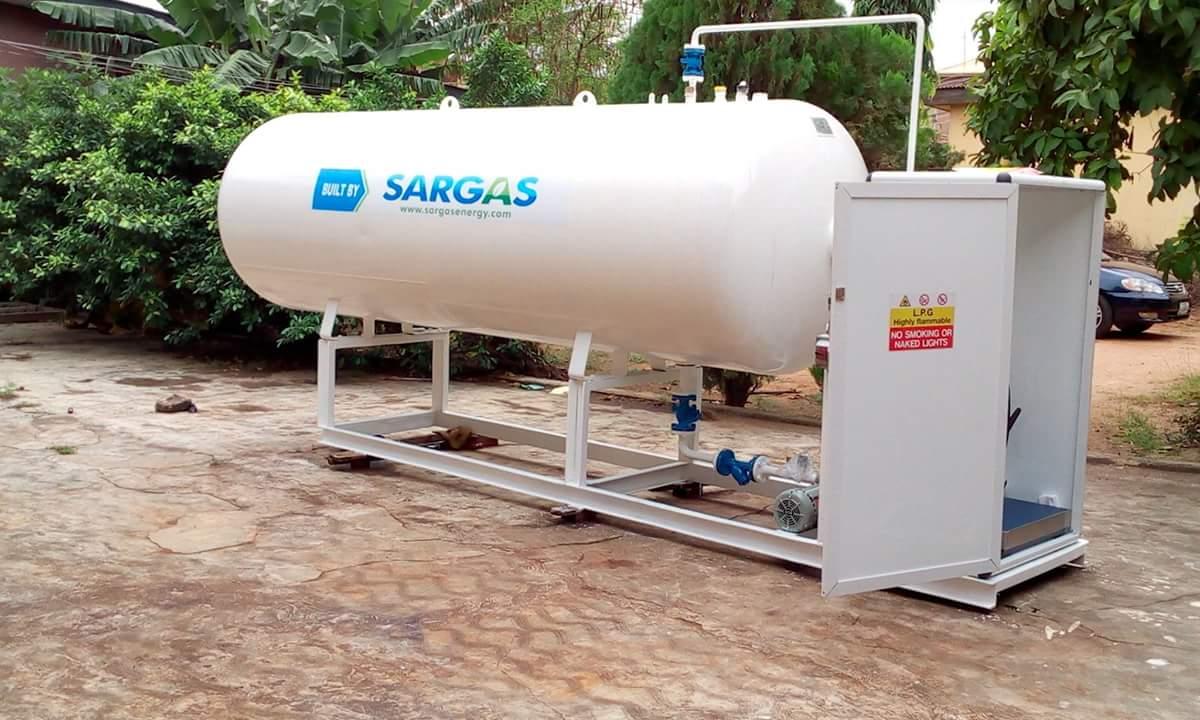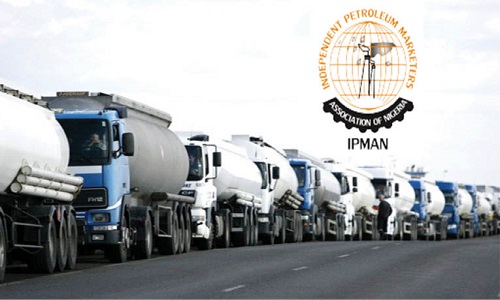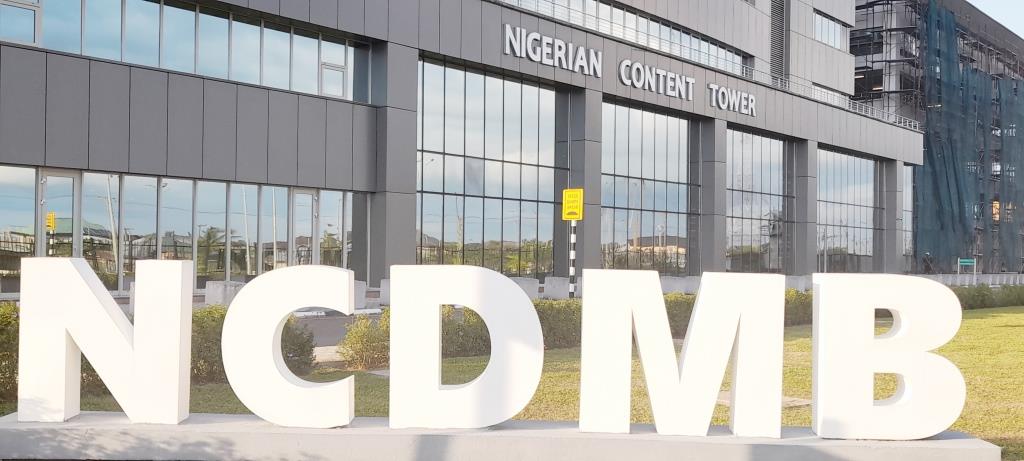Whereas the government is intensifying campaign on massive use of gas for domestic cooking so as to reduce pressure on logging and forest resources, investigations have revealed that the terms and conditions for the establishment of roadside gas refilling shops and LPG plants by the Department of Petroleum Resources (DPR) remain suspect.
Currently, there have been growing investments in domestic gas sales outlets on the streets and in petrol stations with little or no safety standards.
Recall that in December 2016, the DPR had urged retailers in Lagos and Ogun without licences to acquire licenses before January 2017 to avoid being clamped down by during monitoring and enforcement.
Though the warning was part of measures to enforce the law regulating LPG business, latest checks across Lagos and Abuja showed serious breaches in safety standards which analysts say remain a keg of gunpowder waiting to explode.
Checks on DPR website weekend revealed that on category D which is on LPG administration, application fee is only N5,000 with grant fee of not exceeding 500 kilograms (kg) at 2,500.00 p. a., and exceeding 2,000 kg is 10,000.00 p. a, while penalty for operating without valid DPR license for the category is as low as N30,000.
Some Nigerians who barred their mind on the penalty for operating without valid DPR licence is worrisome and capable encouraging quacks who cannot meet with required safety standards.
In an interview, a businessman leaving in Satellite Town who pleaded anonymity decried the quality of safety standards at many street LPG refilling points especially those attached to a residential building.
He said “Am always disturbed when I go to refill my gas cylinder on the street and observe that upon the height of fire possibility, little or no precaution is taken and when you ask why, the sellers will begin to abuse you as if you are planning to put fire in the shop. DPR need to review their monitoring team instead of waiting for an explosion to happen before doing their official duties of making sure that every LPG plant is safe and secured from fire eventualities.
Only recently, the General Secretary of the Nigerian Association of LPG Marketers (NALGAM), Essien Bassey, said his group is highly worried on the lackadaisical attention given to the random location of gas refilling shops especially on high street areas.
According to him, “The LPG market is a safety conscious industry because of the hazards associated with the product in question; hence, safety is pertinent to the operations”.
“The regulator needs to up their game and enforce the regulation in other to discourage more unauthorized influx into the sector which is dangerous, just like we are advocating that gas should not be sold in petrol stations,” he added.
On the planned new scheme by the Ministry of Petroleum Resources known as the Micro Distribution Scheme for gas cylinder, Bassey called for caution to avoid flaming up the cities due to weakness of the regulatory agency, the DPR who was very hard to reach before press time on the matter of safety of LPG selling points on the streets.
On the international scale, Russian shipping company, Sovcomflot (SCF Group) weekend, sealed a new $297m limited recourse credit facility to finance its two next-generation LNG carriers on a duration of up to ten years, was concluded with three international banks – ING Bank, KfW IPEX-Bank, and Crédit Agricole Corporate and Investment Bank.









